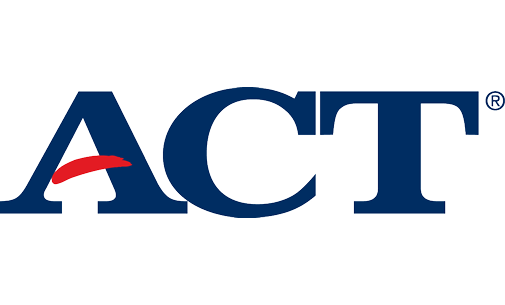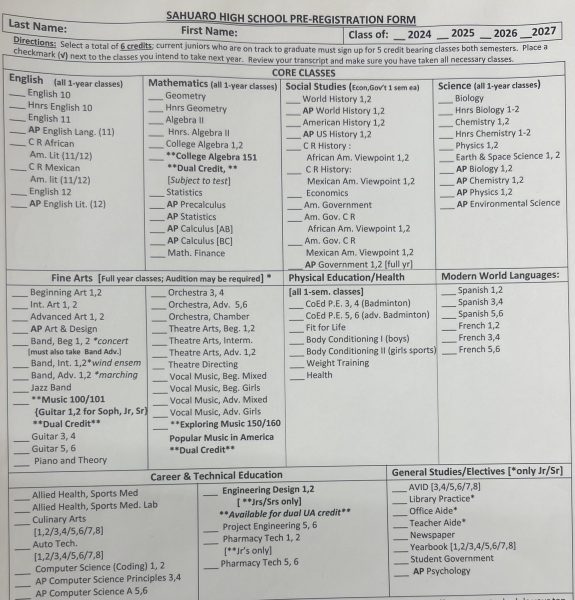How to Prepare for the ACT

April 2, 2018
Juniors! The ACT is coming up on Tuesday, April 3. To ensure that you get the best possible score you can, here are tips for preparing for the testing day!
1. Familiarize yourself with the test
There are countless study techniques when preparing for a standardized test like the ACT, but one of the best ways to make you feel confident is if you already know what to expect. The ACT has five components: reading, writing, math without calculator, math with calculator, and science.
The reading section has several passages that you read; you follow up by answering comprehension questions, just as you would on any other reading test. They deal with concepts discussed in the passage, as well as deeper meaning or implications.
The writing section deals with grammar, word choice, and sentence flow. Most of the questions will show a sentence and have one or two words underlined. You have to choose if the underlined section is grammatically correct or if it should be replaced. For example, a sentence could be The cat ran into, the house. A. NO CHANGE B. into the, house C. into the house D. into: the house. In this case, the answer would be C as the sentence does not need a comma or any additional punctuation. Make sure to freshen up on your grammar knowledge. This section may be difficult, as it the answers sometimes seem to be subjective.
The math section without a calculator covers mainly algebra I, algebra II, and geometry. Make sure you are familiar with the concepts covered in these subjects, but they will be a little less difficult, as they don’t require any complex calculations. Most of the math test is multiple choice, but there are several questions at the end that have you bubble in an answer.
The math section with a calculator covers the same subjects, but the questions will be more complex. However, it is not necessary to use a calculator and any question can be done without; it will just be more difficult. Make sure you know how to use your calculator. Most calculators are accepted, except calculators on phones and tablets, as well as TI-89, TI-92, TI-Nspire CAS (the TI-Nspire, non-CAS, IS permitted), HP 48GII, HP 40G, HP 49G, HP 50G, CFX-9970G, Algebra fx 2.0, ClassPad300, and ClassPad 330. Calculators with a QWERTY keypad are also prohibited.
The science section will give you detailed lab reports and ask you to answer questions on it to make sure you understand what the lab is on and that you know how to analyze data and graphs.
You can take practice tests online here. It will give you a score so you know where you stand, although with just a few days left before the test, it is unlikely to improve your potential score too much.
2. Identify the concepts you need to work on
If you know what you’re good at and what you need to work on, you can target what it is you need to study.
3. Practice time management
Time management is what catches people the most. When you’re taking the test and you come across a question you don’t know how to do, do not waste time trying to figure it out; skip it and come back to it if you have time. You don’t get penalized for wrong answers, so if you only have a few minutes left, bubble in random answers.
4. The morning of
Make sure that you are well-rested. Go to sleep early. For breakfast, have food rich in protein, such as eggs, nuts, or yogurt. Bring snacks and water to the test to eat during breaks. Do not study the morning of; rather, make sure you are relaxed and prepped for the test. Bring two No. 2 pencils (not mechanical), an eraser, and a calculator.
Stay motivated and prepare yourself to do the best you possibly can!











